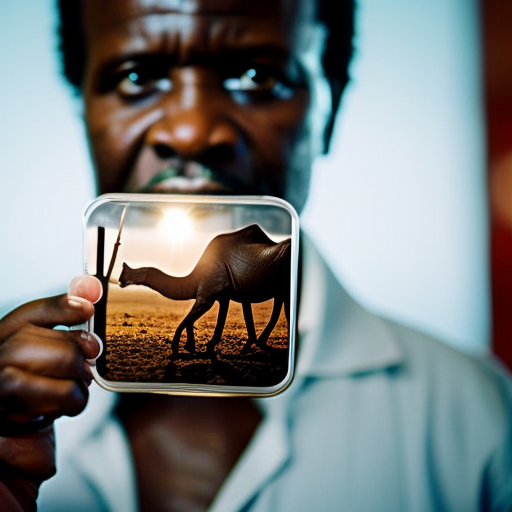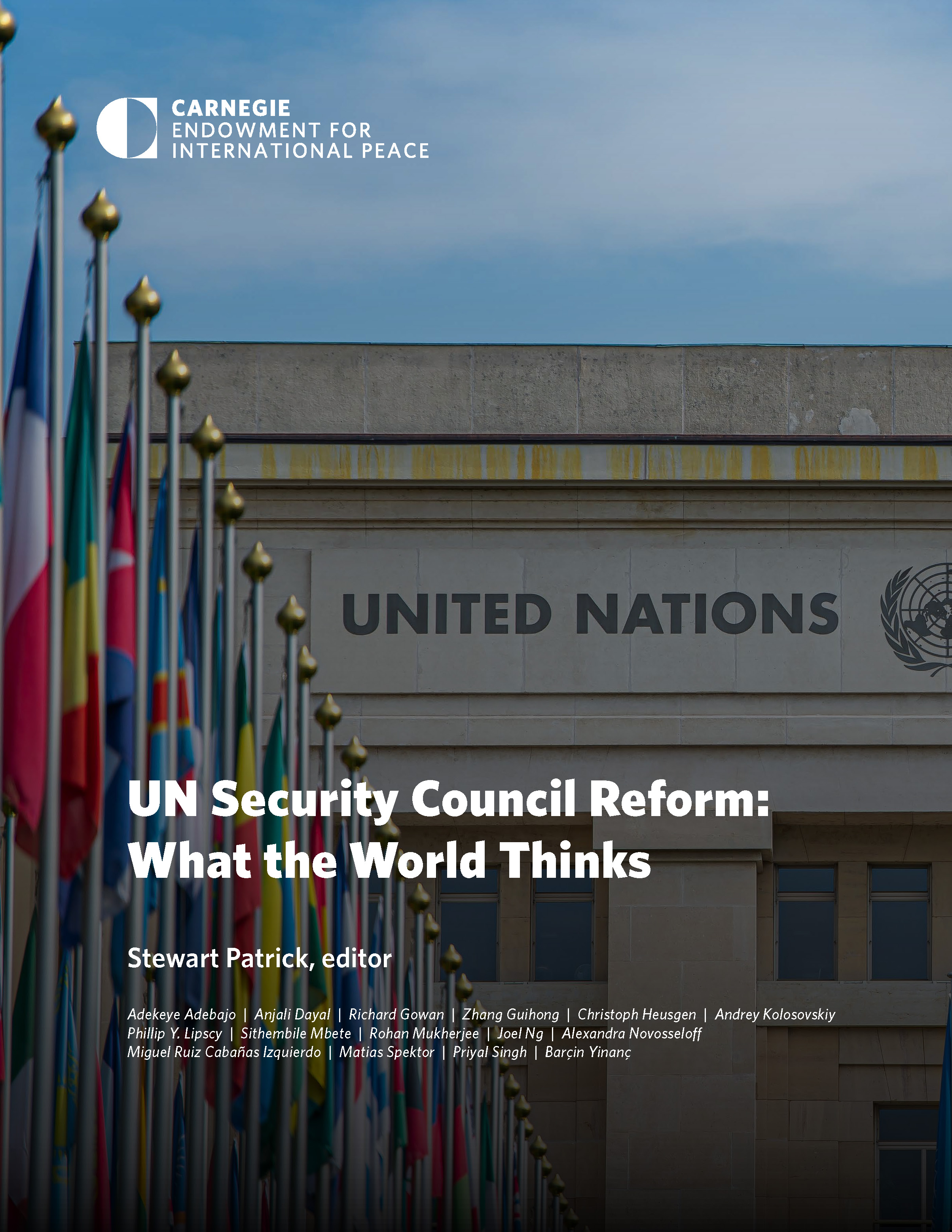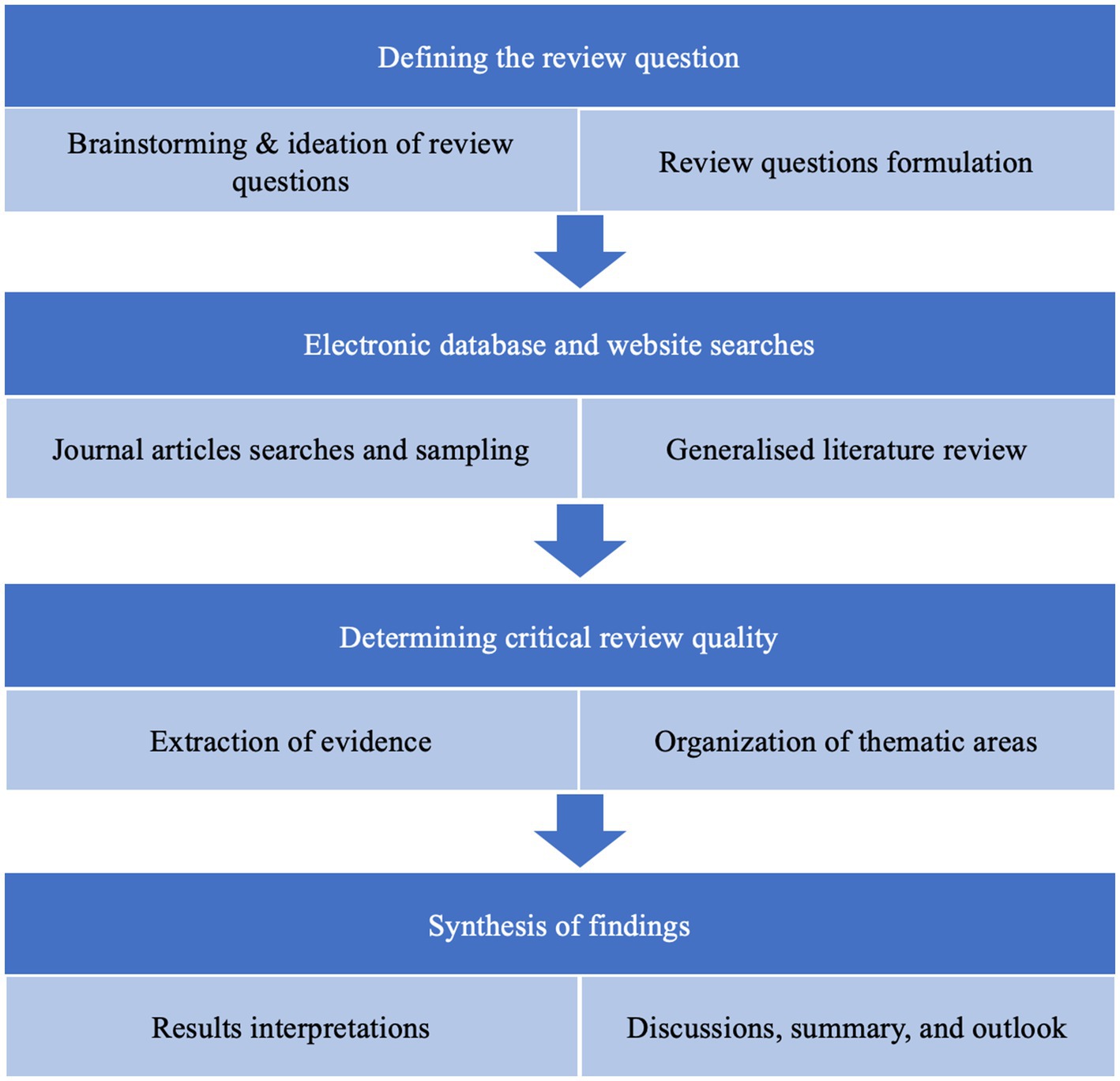
Nigerian President Bola Tinubu Could Transform Economy
Introduction
Shortly after taking office on May 29, Nigeria’s President Bola Tinubu surprised many observers by implementing a series of bold reforms. In addition to scrapping costly fuel subsidies and various taxes, he suspended the country’s central-bank governor, which led to the immediate removal of trading restrictions that propped up the value of the naira. And to curry favor with Nigeria’s huge population of young people, Tinubu introduced interest-free loans to help students fund higher education.
Tinubu’s Reforms and SDGs
-
Taking Aim at Sellers’ Inflation
Isabella M. Weber urges policymakers to match their improved understanding of the problem with more appropriate policies.
-
Currency, Conflict, and Global Order
Carla Norrlöf identifies a key problem with predictions of the demise of the US dollar’s global hegemony.
-
Why the Paris Financing Summit Failed
Jayati Ghosh, et al. decry the reluctance of advanced-economy leaders to facilitate the green-energy transition.
The Challenges Ahead
But while these rapid reforms signal Tinubu’s adherence to economic orthodoxy and may restore the confidence of Nigerians, international investors, and financial markets in the short term, by themselves they will not affect lasting change.
Nigeria’s economy – Africa’s largest – is in dire straits, and transforming it will not be easy. Inflation recently hit an 18-year high, and large fiscal deficits are adding to already-soaring debt levels. The economy has been hit hard by the fallout from the war in Ukraine, partly because Nigeria depends on food imports, but also because the country – despite being Africa’s biggest oil producer – is largely incapable of refining crude and thus imports petroleum. Mismanagement, security issues, and underinvestment in infrastructure have hobbled the oil industry, which generates around 80% of government revenues, while inconsistent official policies have prevented the agriculture sector, which employs about a third of Nigerians, from reaching its full potential.
The Way Forward
That said, Tinubu’s move away from interventionism is a step in the right direction, and he could further harness the demographic potential of Africa’s most populous country by securing international investments and reducing bureaucratic red tape. But, most important, Tinubu will need to address broader security, energy, and governance challenges, which are often intertwined.
Security risks, which largely preoccupied Tinubu’s predecessor, Muhammadu Buhari, threaten to derail the push for rapid reforms. But a growing economy could deter would-be militants from taking up arms by creating employment opportunities, especially if Tinubu can root out corruption, prevent monopolization, and reform the security sector.
Nigeria’s oil-sector woes should also be a top priority. The fuel-subsidy reform will help restore fiscal discipline, given that Nigeria’s state-owned oil company spent $10 billion on subsidizing petrol in 2022. Moreover, Aliko Dangote’s $20 billion oil refinery, where production is set to begin in July, could help reduce the country’s dependence on petroleum imports, assuming that it does not become a private monopoly.
Economic Diversification and Clean Energy
Tinubu has demonstrated little patience for firms cornering the market. While the monopolization of exports has typically been the focus of government regulation, import monopolies in oil-rich countries like Nigeria are also a significant obstacle to economic diversification and must be addressed. (It is worth noting that Tinubu suspended Nigeria’s anti-corruption head for “abuse of office,” although previous agency leaders have also been removed after facing similar allegations.)
To diversify the economy in the long term, the government will need to expand access to electricity, which only around 55% of Nigerians currently have. Fortunately, the potential for clean energy is enormous. Development partners like the World Bank can help with funding and guarantees to boost private investment in electricity distribution and renewables. But Tinubu’s team will first need to improve the governance of the electricity sector, ensure a stable macroeconomic framework, and establish a conducive financial system.
Unlocking Nigeria’s Potential
Nigeria’s vibrant tech ecosystem illustrates the potential that Tinubu could unlock. Hundreds of startups have emerged, particularly in the fintech sector, with Nigeria accounting for five of Africa’s seven tech “unicorns” (private startups with a valuation of at least $1 billion). The multiple-exchange-rate regime that prevailed prior to Tinubu taking office drained foreign reserves and gave importers an unfair advantage. Fewer exchange-rate restrictions will facilitate financial inflows, to the benefit of startups, which could in turn help transform the agriculture and transport sectors and empower millions of Nigerians.
The Role of Development Partners
If Tinubu stays the course on energy, security, and governance reforms, his agenda could ultimately benefit all of Africa – much like Saudi Arabia’s economic experiment could transform the Middle East. But, unlike the Saudis, the Nigerian government does not have vast coffers to draw from and will need to rely more heavily on foreign and domestic private investment, coupled with the support of development partners. If given enough backing, Tinubu could remake the country – and even help remake the continent.
SDGs, Targets, and Indicators
| SDGs | Targets | Indicators |
|---|---|---|
| SDG 1: No Poverty | 1.1 By 2030, eradicate extreme poverty for all people everywhere, currently measured as people living on less than $1.25 a day | No specific indicators mentioned in the article |
| SDG 2: Zero Hunger | 2.3 By 2030, double the agricultural productivity and incomes of small-scale food producers, in particular women, indigenous peoples, family farmers, pastoralists, and fishers, including through secure and equal access to land, other productive resources and inputs, knowledge, financial services, markets, and opportunities for value addition and non-farm employment | No specific indicators mentioned in the article |
| SDG 7: Affordable and Clean Energy | 7.1 By 2030, ensure universal access to affordable, reliable, and modern energy services | Indicator: Percentage of Nigerians with access to electricity (currently around 55%) |
| SDG 8: Decent Work and Economic Growth | 8.5 By 2030, achieve full and productive employment and decent work for all women and men, including for young people and persons with disabilities, and equal pay for work of equal value | No specific indicators mentioned in the article |
| SDG 9: Industry, Innovation, and Infrastructure | 9.1 Develop quality, reliable, sustainable, and resilient infrastructure, including regional and transborder infrastructure, to support economic development and human well-being, with a focus on affordable and equitable access for all | No specific indicators mentioned in the article |
| SDG 16: Peace, Justice, and Strong Institutions | 16.5 Substantially reduce corruption and bribery in all their forms | Indicator: Suspension of Nigeria’s anti-corruption head for “abuse of office” |
Behold! This splendid article springs forth from the wellspring of knowledge, shaped by a wondrous proprietary AI technology that delved into a vast ocean of data, illuminating the path towards the Sustainable Development Goals. Remember that all rights are reserved by SDG Investors LLC, empowering us to champion progress together.
Source: project-syndicate.org

Join us, as fellow seekers of change, on a transformative journey at https://sdgtalks.ai/welcome, where you can become a member and actively contribute to shaping a brighter future.






